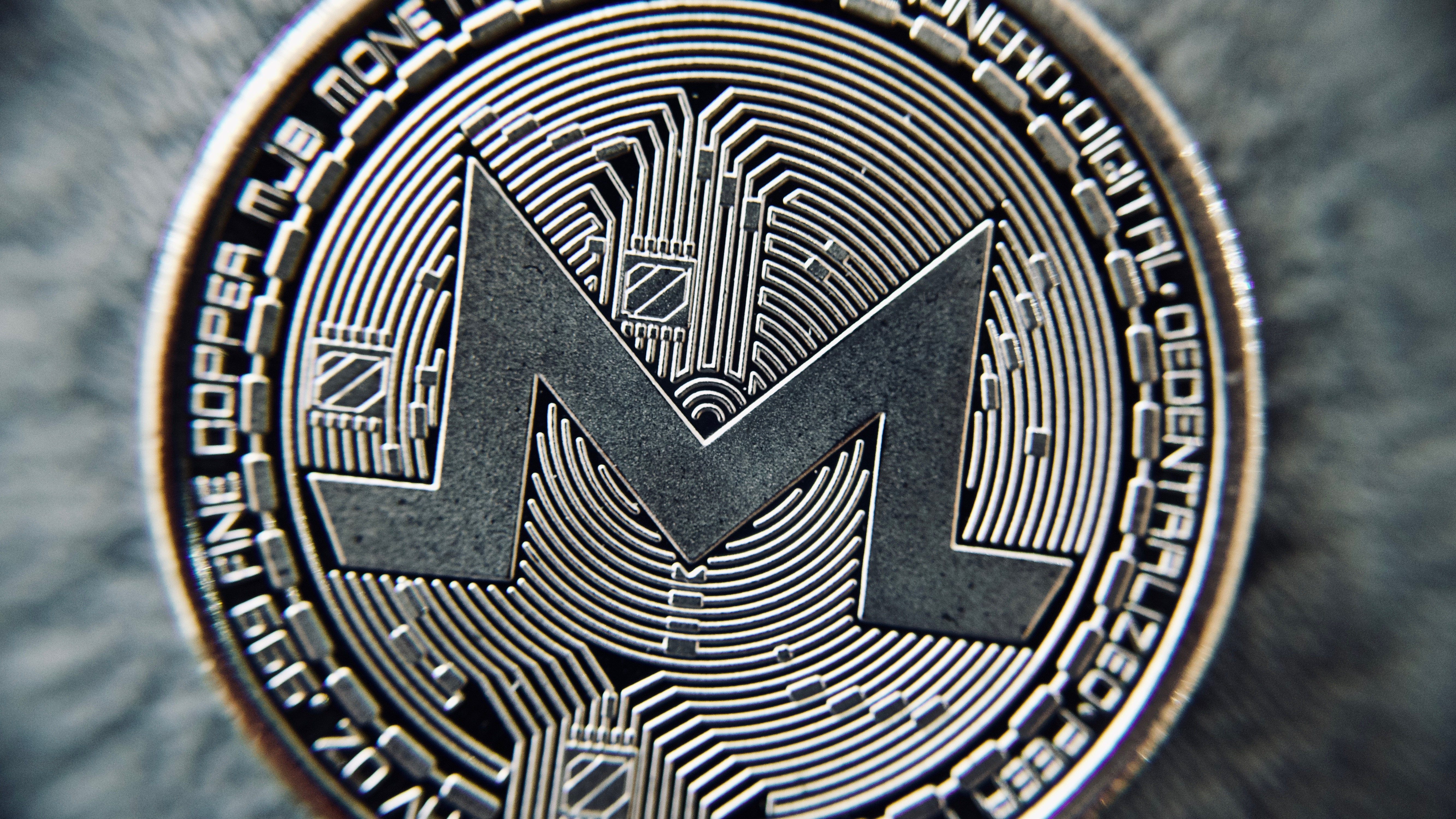Laptop engineer jailed after Sky News sting
A Sky News reporter has caught out a snooping laptop engineer who tried to hack into a computer he was supposedly fixing.


Sign up today and you will receive a free copy of our Future Focus 2025 report - the leading guidance on AI, cybersecurity and other IT challenges as per 700+ senior executives
You are now subscribed
Your newsletter sign-up was successful
A laptop engineer has been jailed for nine months after being caught out by a Sky News sting.
Grzegorz Zachodni, who was working at Laptop Revival, pleaded guilty to fraud after he attempted to hack into a Sky reporter's bank account using details stolen from her computer.
"Hopefully this conviction will be a warning to the computer repair industry that the copying or use of customers' private and personal information is not acceptable and the Metropolitan Police Economic and Specialist Crime Directorate will endeavour to prosecute any person found to have committed offences regarding these abuses," said DC Chris Young, the investigating officer.
The reporter was looking into the quality of service at laptop repair shops and took in her computer with a loose memory chip to be fixed.
The laptop contained hidden software in it that recorded which files were viewed and what websites were visited, while taking images through an integrated webcam.
Personal photos of the reporter, including ones of her in a bikini, were stored on the computer along with login details to eBay, Facebook and NatWest.
The shop called her to tell her the laptop required a new motherboard, but she declined the repair.
Sign up today and you will receive a free copy of our Future Focus 2025 report - the leading guidance on AI, cybersecurity and other IT challenges as per 700+ senior executives
When she returned to Laptop Revival, the reporter was told the computer had been fixed but she would not be charged as no permission was given for the alterations.
The covert software found Zachodni had only worked on the computer for 20 minutes and in that time had viewed various files and saved passwords and login details. He also took two of the bikini snaps.
Police are cracking down hard on cyber crime and last week saw six arrested in relation to a phishing network which is thought to have compromised 20,000 bank accounts and credit cards.
Tom Brewster is currently an associate editor at Forbes and an award-winning journalist who covers cyber security, surveillance, and privacy. Starting his career at ITPro as a staff writer and working up to a senior staff writer role, Tom has been covering the tech industry for more than ten years and is considered one of the leading journalists in his specialism.
He is a proud alum of the University of Sheffield where he secured an undergraduate degree in English Literature before undertaking a certification from General Assembly in web development.
-
 Anthropic promises ‘Opus-level’ reasoning with new Claude Sonnet 4.6 model
Anthropic promises ‘Opus-level’ reasoning with new Claude Sonnet 4.6 modelNews The latest addition to the Claude family is explicitly intended to power AI agents, with pricing and capabilities designed to attract enterprise attention
-
 Researchers call on password managers to beef up defenses
Researchers call on password managers to beef up defensesNews Analysts at ETH Zurich called for cryptographic standard improvements after a host of password managers were found lacking
-
 UK police fails ethical tests with "unlawful" facial recognition deployments
UK police fails ethical tests with "unlawful" facial recognition deploymentsNews A University of Cambridge team audited UK police use of the tech and found frequent ethical and legal shortcomings
-
 FBI warns scammers are using cryptocurrency ATMs to siphon cash
FBI warns scammers are using cryptocurrency ATMs to siphon cashNews Criminals will stay on phone with victims as they make payments, says advisory
-
 Hackers fake DocuSign and offer fraudulent signing methods
Hackers fake DocuSign and offer fraudulent signing methodsNews Criminals impersonate the e-signing company to steal credentials
-
 Account takeovers rise nearly threefold during pandemic
Account takeovers rise nearly threefold during pandemicNews Financial services hit hardest by account hijackers, says Sift report
-
 Cyber criminals leak one million credit cards on the dark web
Cyber criminals leak one million credit cards on the dark webNews Among the stolen hoard are customer details from US and Canadian banks
-
 SentiLink raises $70 million for its identity verification platform
SentiLink raises $70 million for its identity verification platformNews SentiLink’s ID Theft Score helps businesses combat synthetic fraud
-
 Content fraud levels continue to rise in 2021
Content fraud levels continue to rise in 2021News The pandemic has ushered in a new level of scams and misinformation
-
 What is DMARC and how can it improve your email security?
What is DMARC and how can it improve your email security?In-depth Protect your customers and brand rep with this email authentication protocol for domain spoofing
